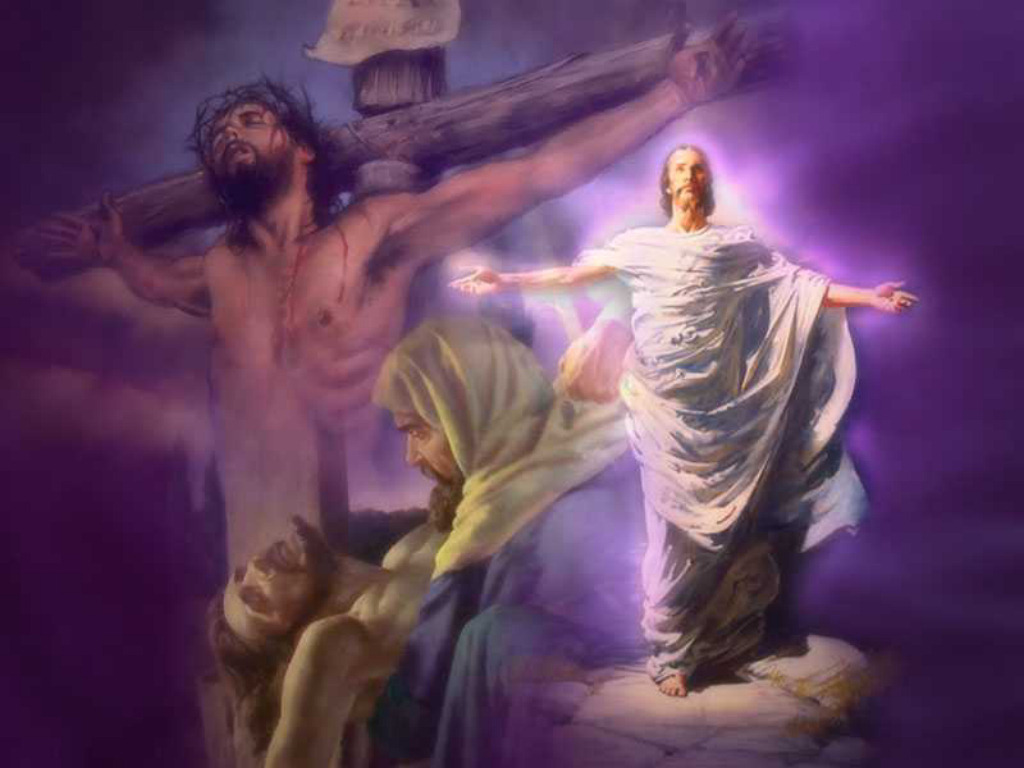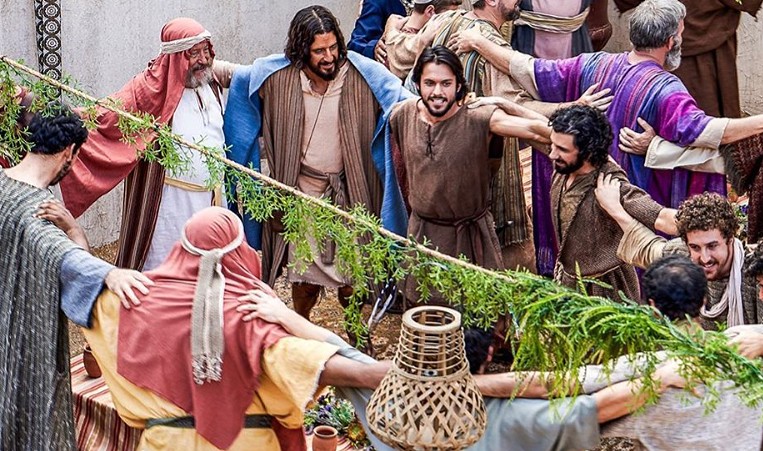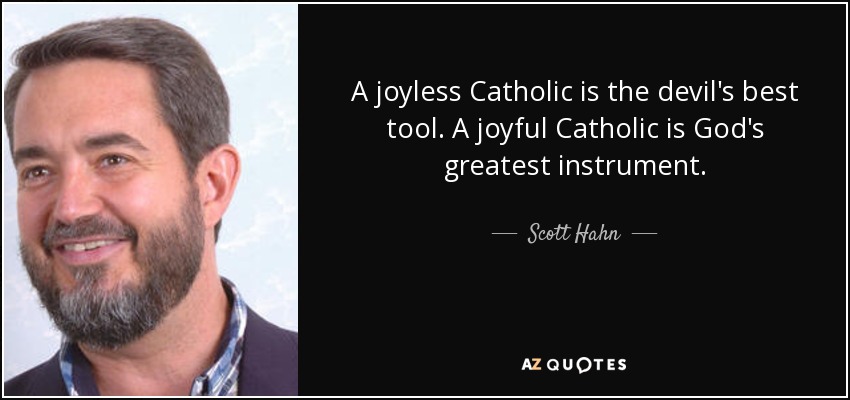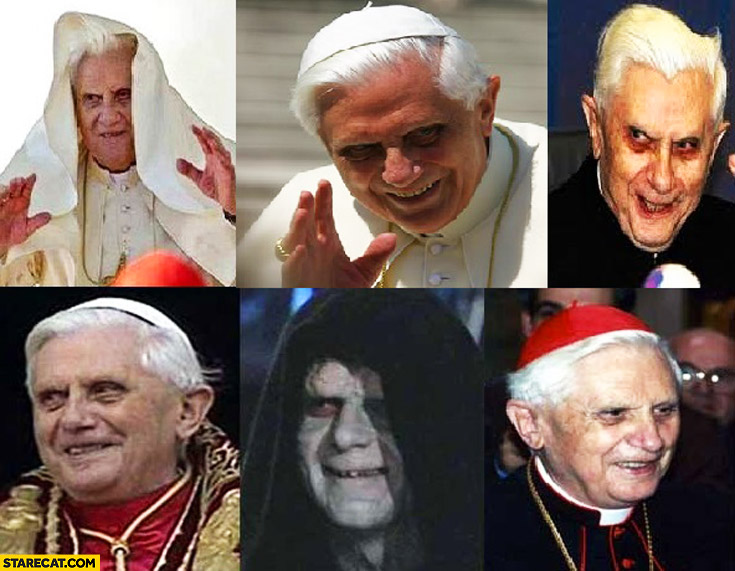3rd Sunday of Easter (B)
Readings Acts 3:13-15. 17-19 | Ps 4:2. 4. 7. 9. R. v.7 | 1 Jn 2:1-5 | Lk 24:35-48
Gospel
A reading from the holy Gospel according to Luke
The disciples told their story of what had happened on the road and how they had recognised Jesus at the breaking of bread.
They were still talking about all this when Jesus himself stood among them and said to them, ‘Peace be with you!’ In a state of alarm and fright, they thought they were seeing a ghost. But he said, ‘Why are you so agitated, and why are these doubts rising in your hearts? Look at my hands and feet; yes, it is I indeed. Touch me and see for yourselves; a ghost has no flesh and bones as you can see I have.’ And as he said this he showed them his hands and feet. Their joy was so great that they could not believe it, and they stood dumbfounded; so he said to them, ‘Have you anything here to eat?’ And they offered him a piece of grilled fish, which he took and ate before their eyes.
Then he told them, ‘This is what I meant when I said, while I was still with you, that everything written about me in the Law of Moses, in the Prophets and in the Psalms, has to be fulfilled.’ He then opened their minds to understand the scriptures, and he said to them, ‘So you see how it is written that the Christ would suffer and on the third day rise from the dead, and that, in his name, repentance for the forgiveness of sins would be preached to all the nations, beginning from Jerusalem. You are witnesses to this.’
THE trouble of Christianity nowadays is that we, the believers, have domesticated our faith; turned it into a private thing. We are contented to just wearing its symbols as a fashion statement. We prefer to regard our celebrations as benign occasions to express good feelings if not commercial opportunities. Take Easter for example. Most of us, outside the Church, would readily associate Easter with the cute little bunny and egg-shaped chocolates. I, myself brought a bag-full on Easter Sunday to give to parishioners. In reflection, I may be as guilty as anybody for domesticating Easter if not dumbing down our faith’s most central belief.
The point is that our faith should not be domesticated. Our faith is not a private thing. Easter should not be domesticated. Easter is an explosive feast! Easter is an explosive reality! Our reading this 3rd Sunday of Easter reminds us of this. In our gospel reading, certain great notes of our Christian faith are resonantly struck.
Firstly, the gospel stresses the reality of the resurrection. The thing about Easter is it really happened. Way too many people today regard Easter as a “nice story”, a great myth even like many other myths found in many cultures. But the resurrection is not a myth. It is not some story the just express universal truth but not grounded in history. The resurrection story does not begin with a line: “Long, long time ago”, or “Once upon a time,” or if you want the modern version, “In a galaxy far, far away…” No, instead we heard from the Acts of the Apostles on Easter Sunday, St Peter said, “‘You must have heard about the recent happenings in Judaea; about Jesus of Nazareth…” and this Sunday we hear him again saying, “the same Jesus you handed over and then disowned in the presence of Pilate after Pilate had decided to release him.” Jesus was real. Jesus indeed died a human death and was buried. The same Jesus who the apostles testified of seeing again. In the apostles’ time after the resurrection, nobody would think that what they are saying is just a nice, mythic story. Christianity is not founded on the dreams of disordered minds, of delusions, but one who in actual historical fact faced, fought and conquered death.
The second thing our gospel stresses is the necessity of the cross. Many seem to like to skip the cross and go straight to the resurrection. The cross is not an emergency measure when all things failed and when the scheme of things had gone wrong. The cross is part of God’s plan. Our church reminds us of this whenever we celebrate Sunday Mass. Just look at the figure of Jesus. It depicts that movement from the cross to the resurrection. The cross is the one place on earth, in a moment in history, where we can all see clearly the measure of God’s eternal love.
Lastly, the gospel stresses the necessity of our task. I said earlier, we tend to make the symbols of our faith as a fashion statement. This is especially true with the cross. Oh, we just have them around our necks—those little crosses. But the cross is not meant to be a fashion statement. The Romans used up to 10-meter-tall crosses to punish their enemies. And they usually set them up near the gates of the city to remind everybody that if you cross the Roman empire—pun intended; this will happen to you. For us Christians, the cross is a radical taunt, a battle cry! Because for the early Christians, it is the total rejection of the ultimate power on earth. Instead of saying Kaîsar Kyrios—”Caesar is Lord”, they proclaimed Christos Kyrios— “Christ is Lord!” The martyrs proclaimed a radical and subversive battle cry, “Caesar is not the lord. Caesar put Jesus to death with the most humiliating and most excruciating means—the cross. But now, we use the very same symbol as the victory of God. The cross is still a taunt to earthly powers. It is a warning to tyrants that they do not have the last word.
It is also a reminder for us. Because if Jesus is what he said he is. Then there is no other way to live our lives but to conform it to Jesus. And that our task in this life is to help one another to become saints. It is our task to Christify our homes, our neighbourhoods, our society. It is our task, brothers and sisters, not to domesticate the resurrection but to proclaim it boldly. Christos Kyrios! Christ is risen! Christ lives! Christ IS the Lord… and “You are witnesses to this.”














 Unfortunately, much of our lives, behaviour and value system, especially in this era of self-affirmation, run on externals; where the operative but unspoken rule is ‘keeping up appearances,’ as Jesus in our Gospel today reminds us. In the parable, the second son has neither depth of conviction nor any sense of commitment except to himself. So he has no problem either in saying yes to his father or in refusing to follow up on his word, all in the same breath and quite matter-of-factly. He has no problem and even satisfied with doing nothing so long as he appears to comply with his father’s wishes and the artificial appearances of the father-son relationship are safeguarded, even if only superficially.
Unfortunately, much of our lives, behaviour and value system, especially in this era of self-affirmation, run on externals; where the operative but unspoken rule is ‘keeping up appearances,’ as Jesus in our Gospel today reminds us. In the parable, the second son has neither depth of conviction nor any sense of commitment except to himself. So he has no problem either in saying yes to his father or in refusing to follow up on his word, all in the same breath and quite matter-of-factly. He has no problem and even satisfied with doing nothing so long as he appears to comply with his father’s wishes and the artificial appearances of the father-son relationship are safeguarded, even if only superficially.


 May also suggest, that while we are in this process, let us reflect on the words of the Lord’s Prayer: “forgive us our trespasses as we forgive those who trespass against us.” Let us also be constantly reminded of our Lord’s response to Peter when asked: “Lord, how often must I forgive my brother if he wrongs me? As often as seven times?” NO, Jesus said, “Not seven, I tell you, but seventy-seven times.”
May also suggest, that while we are in this process, let us reflect on the words of the Lord’s Prayer: “forgive us our trespasses as we forgive those who trespass against us.” Let us also be constantly reminded of our Lord’s response to Peter when asked: “Lord, how often must I forgive my brother if he wrongs me? As often as seven times?” NO, Jesus said, “Not seven, I tell you, but seventy-seven times.” FOR the last two weeks, the Church has been celebrating the memorials of several saints; from Mary of the Cross MacKillop, Lawrence, Maximilian Kolbe to Bernard of Clairvaux and Pope Pius X. All of these saints have one thing in common and that is the single-mindedness of defending the faith.
FOR the last two weeks, the Church has been celebrating the memorials of several saints; from Mary of the Cross MacKillop, Lawrence, Maximilian Kolbe to Bernard of Clairvaux and Pope Pius X. All of these saints have one thing in common and that is the single-mindedness of defending the faith.
 Some criticised him for abandoning his progressive stance during the council and going over to the other side. He was often caricatured as the panzer cardinal or God’s rottweiler. After he was elected pope, some even objected for having elected a Nazi pope, although nobody seems to able to articulate the basis of these criticisms or accusations!
Some criticised him for abandoning his progressive stance during the council and going over to the other side. He was often caricatured as the panzer cardinal or God’s rottweiler. After he was elected pope, some even objected for having elected a Nazi pope, although nobody seems to able to articulate the basis of these criticisms or accusations! 











